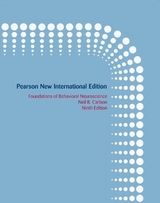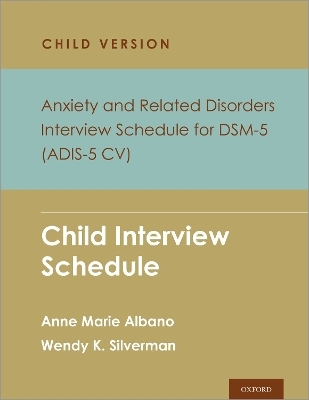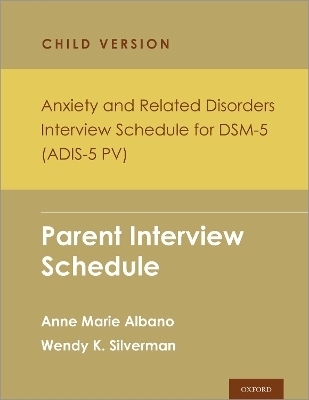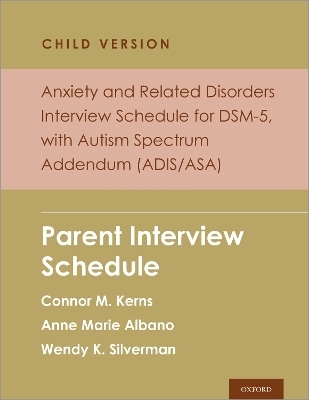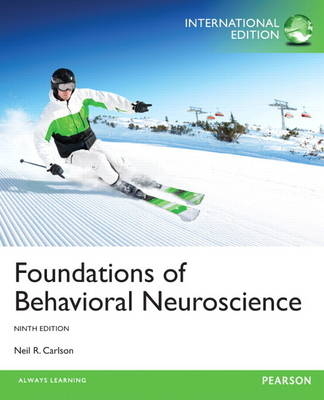
Foundations of Behavioral Neuroscience, plus MyPsychLab with Pearson eText
Pearson Education Limited
978-1-4479-5863-5 (ISBN)
- Titel erscheint in neuer Auflage
- Artikel merken
Helps apply the research findings of behavioral neuroscience to daily life.
The ninth edition of Foundations of Behavioral Neuroscience offers a concise introduction to behavioral neuroscience. The text incorporates the latest studies and research in the rapidly changing fields of neuroscience and physiological psychology. The theme of strategies of learning helps readers apply these research findings to daily life.
MyPsychLab is an integral part of the Carlson program. Key learning applications include the MyPsychLab Brain.
Teaching & Learning Experience
Personalise Learning - MyPsychLab is an online homework, tutorial, and assessment program. It helps students prepare for class and instructor gauge individual and class performance.
Improve Critical Thinking -Each chapter begins with a list of Learning Objectives that also serve as the framework for the Study Guide that accompanies this text.
Engage Students -An Interim Summary follows each major section of the book. The summaries provide useful reviews and also break each chapter into manageable chunks.
Explore Theory/Research - APS Reader, Current Directions in Biopsychology in MyPsychLab
Support Instructors - A full set of supplements, including MyPsychLab, provides instructors with all the resources and support they need.
MyLab and Mastering from Pearson improve results for students and educators. Used by over ten million students around the world, they engage learners effectively at every stage.
MyPsychLab delivers proven results in helping individual students succeed in their studies. It provides engaging experiences that personalise their learning and cement their understanding of topics covered in the lecture theatre. And, it comes from a trusted partner with educational expertise and a deep commitment to providing the best content and learning tools that help students, instructors and departments to achieve their goals.
In a survey of over 700 students, more than 85% recommended MyPsychLab's continued use.
For students
The Pearson eText lets students access their textbook anytime, anywhere, and any way they want - including downloading to iPad.
A personalised study plan arranges content around the key steps of learning, from remembering and understanding core concepts, to more complex tasks that encourage deeper analysis and greater critical thinking.
Multimedia resources, including videos and simulations tied to every chapter, encourage students to interact with what they're learning and practise in a more enjoyable way.
For educators
Online assignments, tests, quizzes can be easily created and assigned to students.
An assignment calendar allows instructors to assign graded activities, with specific deadlines, and measure student progress.
Gradebook allows assignments to be automatically graded and visible at a glance, helping instructors identify student challenges early - and find the best resources with which to help them.
Register now to benefit from these resources.
A student access code card is included with your textbook at a reduced cost. To register with your code, visit www.mypsychlab.com.
For educator access, contact your Pearson account manager. To find out who your account manager is, visit www.pearsoned.co.uk/replocator
For more instructor resources available with this title, visit www.pearsoned.co.uk
Neil Carlson, U Mass Amherst -- Professor Emeritus at the University of Massachusetts, Amherst, Neil Carlson's research has focused on the relationship between the brain and behavior-specifically, the role of the limbic system in learning and species-typical behavior. Dr. Carlson received his undergraduate degree and Ph.D. from the University of Illinois. In addition to writing Foundations of Behavioral Neuroscience, Dr. Carlson is also the author of Physiology of Behavior and co-author of Psychology: The Science of Behavior. Dr. Carlson's books have been translated into Spanish, Italian, Portuguese, German, Hebrew, Japanese, Chinese, and Korean.
In this Section:
1. Brief Table of Contents
2. Full Table of Contents
1. Brief Table of Contents
Chapter 1: Origins of Behavioral Neuroscience
Chapter 2: Structure and Functions of Cells of the Nervous System
Chapter 3: Structure of the Nervous System
Chapter 4: Psychopharmacology
Chapter 5: Methods and Strategies of Research
Chapter 6: Vision
Chapter 7: Audition, the Body Senses, and the Chemical Senses
Chapter 8: Sleep and Biological Rhythms
Chapter 9: Reproductive Behavior
Chapter 10: Emotion
Chapter 11: Ingestive Behavior
Chapter 12: Learning and Memory
Chapter 13: Human Communication
Chapter 14: Neurological Disorders
Chapter 15: Schizophrenia, Affective Disorders, and Anxiety Disorders
Chapter 16: Autistic, Attention-Deficit, Stress,nd Substance Abuse Disorders
2. Full Table of Contents
Chapter 1: Origins of Behavioral Neuroscience
Understanding Human Consciousness: A Physiological Approach
The Nature of Behavioral Neuroscience
Natural Selection and Evolution
Ethical Issues in Research with Animals
Careers in Neuroscience
Strategies for Learning
Chapter 2: Structure and Functions of Cells of the Nervous System
Cells of the Nervous System
Communication Within a Neuron
Communication Between Neurons
Chapter 3: Structure of the Nervous System
Basic Features of the Nervous System
The Central Nervous System
The Peripheral Nervous System
Chapter 4: Psychopharmacology
Principles of Psychopharmacology
Sites of Drug Action
Neurotransmitters and Neuromodulators
Chapter 5: Methods and Strategies of Research
Experimental Ablation
Recording and Stimulating Neural Activity
Neurochemical Methods
Genetic Methods
Chapter 6: Vision
The Stimulus
Anatomy of the Visual System
Coding of Visual Information in the Retina
Analysis of Visual Information: Role of the Striate Cortex
Analysis of Visual Information: Role of the Visual Association Cortex
Chapter 7: Audition, the Body Senses, and the Chemical Senses
Audition
Vestibular System
Somatosenses
Gustation
Olfaction
Chapter 8: Sleep and Biological Rhythms
A Physiological and Behavioral Description of Sleep
Disorders of Sleep
Why Do We Sleep?
Physiological Mechanisms of Sleep and Waking
Biological Clocks
Chapter 9: Reproductive Behavior
Sexual Development
Hormonal Control of Sexual Behavior
Neural Control of Sexual Behavior
Parental Behavior
Chapter 10: Emotion
Emotions as Response Patterns
Communication of Emotions
Feelings of Emotions
Chapter 11: Ingestive Behavior
Physiological Regulatory Mechanisms
Drinking
Eating: Some Facts About Metabolism
What Starts a Meal?
What Stops a Meal?
Brain Mechanisms
Obesity
Anorexia Nervosa/Bulimia Nervosa
Chapter 12: Learning and Memory
The Nature of Learning
Synaptic Plasticity: Long-Term Potentiation and Long-Term Depression
Perceptual Learning
Classical Conditioning
Instrumental Conditioning
Relational Learning
Chapter 13: Human Communication
Speech Production and Comprehension: Brain Mechanisms
Disorders of Reading and Writing
Chapter 14: Neurological Disorders
Tumors
Seizure Disorders
Cerebrovascular Accidents
Traumatic Brain Injury
Disorders of Development
Degenerative Disorders
Disorders Caused by Infectious Diseases
Chapter 15: Schizophrenia, Affective Disorders, and Anxiety Disorders
Schizophrenia
Major Affective Disorders
Anxiety Disorders
Chapter 16: Autistic, Attention-Deficit, Stress,nd Substance Abuse Disorders
Autistic Disorder
Attention-Deficit/Hyperactivity Disorder
Stress Disorders
Substance Abuse Disorders
| Erscheint lt. Verlag | 1.7.2013 |
|---|---|
| Verlagsort | Harlow |
| Sprache | englisch |
| Themenwelt | Geisteswissenschaften ► Psychologie ► Biopsychologie / Neurowissenschaften |
| Medizin / Pharmazie ► Medizinische Fachgebiete ► Neurologie | |
| Naturwissenschaften ► Biologie ► Humanbiologie | |
| Naturwissenschaften ► Biologie ► Zoologie | |
| ISBN-10 | 1-4479-5863-2 / 1447958632 |
| ISBN-13 | 978-1-4479-5863-5 / 9781447958635 |
| Zustand | Neuware |
| Informationen gemäß Produktsicherheitsverordnung (GPSR) | |
| Haben Sie eine Frage zum Produkt? |
aus dem Bereich
